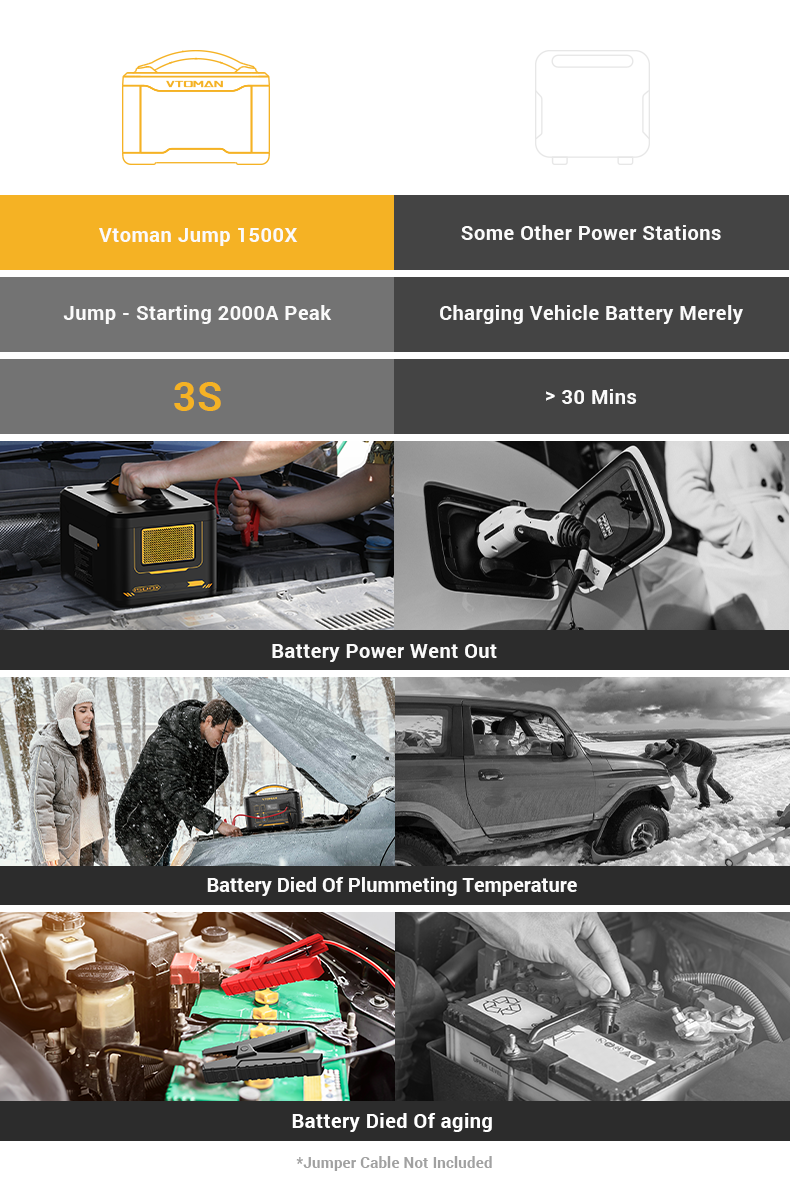A Comprehensive Guide to Choosing the Best Silent Generator for Camping
Are you interested in learning more about quiet generator for camping.
When it comes to camping, having a reliable and quiet generator can greatly enhance your outdoor experience. A silent generator provides the power you need while ensuring a peaceful and enjoyable environment. In this comprehensive guide, we will explore the key factors to consider when choosing the best silent generator for camping.
Understanding Your Power Needs
Before diving into the world of silent generators, it is important to assess your power needs. Consider the appliances and devices you plan to use during your camping trip. Are you looking to power just a few essentials like lights and a small refrigerator, or do you require a generator that can handle larger appliances like air conditioners or electric stoves? Understanding your power needs will help you determine the wattage and capacity requirements for your generator.
Once you have a clear understanding of your power needs, you can start exploring the different types of generators available in the market.
Types of Silent Generators
There are various types of silent generators to choose from, each with its own advantages and disadvantages. Let's take a closer look at some of the most common types:
Inverter Generators
Inverter generators are known for their quiet operation and fuel efficiency. They produce clean and stable power, making them ideal for sensitive electronics like smartphones and laptops. Inverter generators are also compact and lightweight, making them easy to transport and store during your camping trips.
Dual Fuel Generators
Dual fuel generators offer the flexibility of using either gasoline or propane as a fuel source. This can be particularly useful during camping trips where gasoline may not be readily available. Dual fuel generators are also known for their quiet operation and long runtimes.
Portable Generators
Portable generators are a popular choice for camping due to their versatility and ease of use. They are typically powered by gasoline and offer a range of power outputs to suit different needs. While portable generators may not be as quiet as inverter generators, they still provide a reliable source of power for your camping adventures.
Considerations for Noise Level
One of the key factors to consider when choosing a silent generator for camping is the noise level. While all generators produce some level of noise, it is important to find one that operates at a decibel level that won't disturb your camping experience or annoy your fellow campers.
Look for generators that are specifically designed for quiet operation, with noise levels below 60 decibels. Some generators even come with noise reduction features such as soundproof enclosures or mufflers to further minimize noise.
Additional Features to Look For
Aside from noise level, there are other features that can enhance your camping experience with a silent generator:
- Portability: Look for generators that are lightweight and compact, with built-in handles or wheels for easy transportation.
- Run Time: Consider the run time of the generator and whether it meets your needs. Look for generators with fuel-efficient engines that can provide extended run times.
- Parallel Capability: If you anticipate needing more power in the future, consider generators that offer parallel capability. This allows you to connect two generators together for increased power output.
- Low Oil Shutdown: A generator with a low oil shutdown feature will automatically shut off when the oil level is too low, protecting the engine from damage.
Conclusion
Choosing the best silent generator for camping requires careful consideration of your power needs, the type of generator, noise level, and additional features. By understanding these factors and doing thorough research, you can find a generator that meets your requirements and provides a quiet and reliable source of power during your camping adventures.
For more information on choosing the best silent generator for camping, check out the following resources:
